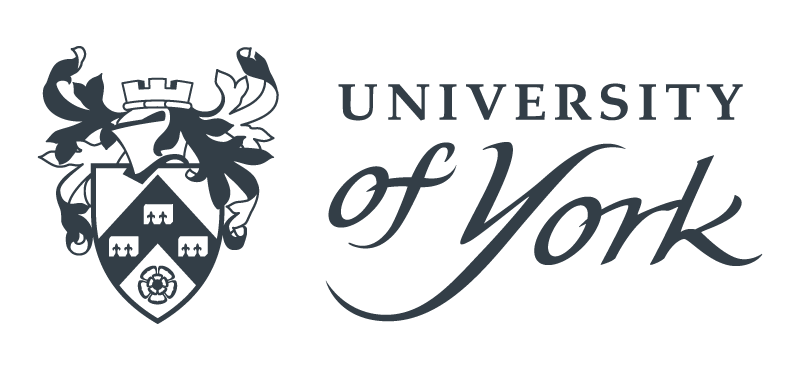Rose, D. (2006). A systemic functional approach to language evolution. Cambridge Archaeol J 16 (1). Vol 16(1), pp. 73-96.
Title The title of the publication or report |
A systemic functional approach to language evolution | ||
|---|---|---|---|
Issue The name of the volume or issue |
Cambridge Archaeol J 16 (1) | ||
Series The series the publication or report is included in |
Cambridge Archaeological Journal | ||
Volume Volume number and part |
16 (1) | ||
Page Start/End The start and end page numbers. |
73 - 96 | ||
Biblio Note This is a Bibliographic record only. |
The ADS have no files for download on this page but further information is available online, normally as an electronic version maintained by the Publisher, or held in a larger collection such as an ADS Archive. Please refer to the DOI or URI listed in the Relations section of this record to locate the information you require. In the case of non-ADS resources, please be aware that we cannot advise further on availability. | ||
Publication Type The type of publication - report, monograph, journal article or chapter from a book |
Journal | ||
Abstract The abstract describing the content of the publication or report |
An approach to interpreting possible steps in language evolution is offered from systemic functional linguistic (SFL) theory. SFL models language at three levels from sounds to wordings to complex patterns of social discourse. Typological studies in this framework have shown striking commonalities at each level across languages, that are not yet adequately accounted for by existing models of language phylogenesis. Four conditions are suggested for developing explanatory models that may account for these linguistic phenomena. These include (a) a mechanism for reproducing complex cultural behaviours intergenerationally over extended time, (b) a sequence by which articulated wordings could evolve from non-linguistic primate communication, (c) extension of the functions of wording from enacting interpersonal interactions to representing speakers' experience, and (d) the emergence of complex patterns of discourse for delicately negotiating social relations, and for construing experience in genres such as narrative. These conditions are explored, and some possible steps in language evolution are suggested, that may be correlated with both linguistic research and archaeological models of cultural phases in human evolution. The aims of the article are to offer some useful tools to the field of language evolution, at the same time as indicating potential interpretations of existing work, using insights from SFL research. | ||
Year of Publication The year the book, article or report was published |
2006 | ||
Source Where the record has come from or which dataset it was orginally included in. |

BIAB
(The British & Irish Archaeological Bibliography (BIAB))
|
||
Relations Other resources which are relevant to this publication or report |
|
||
Created Date The date the record of the pubication was first entered |
03 Nov 2006 |





